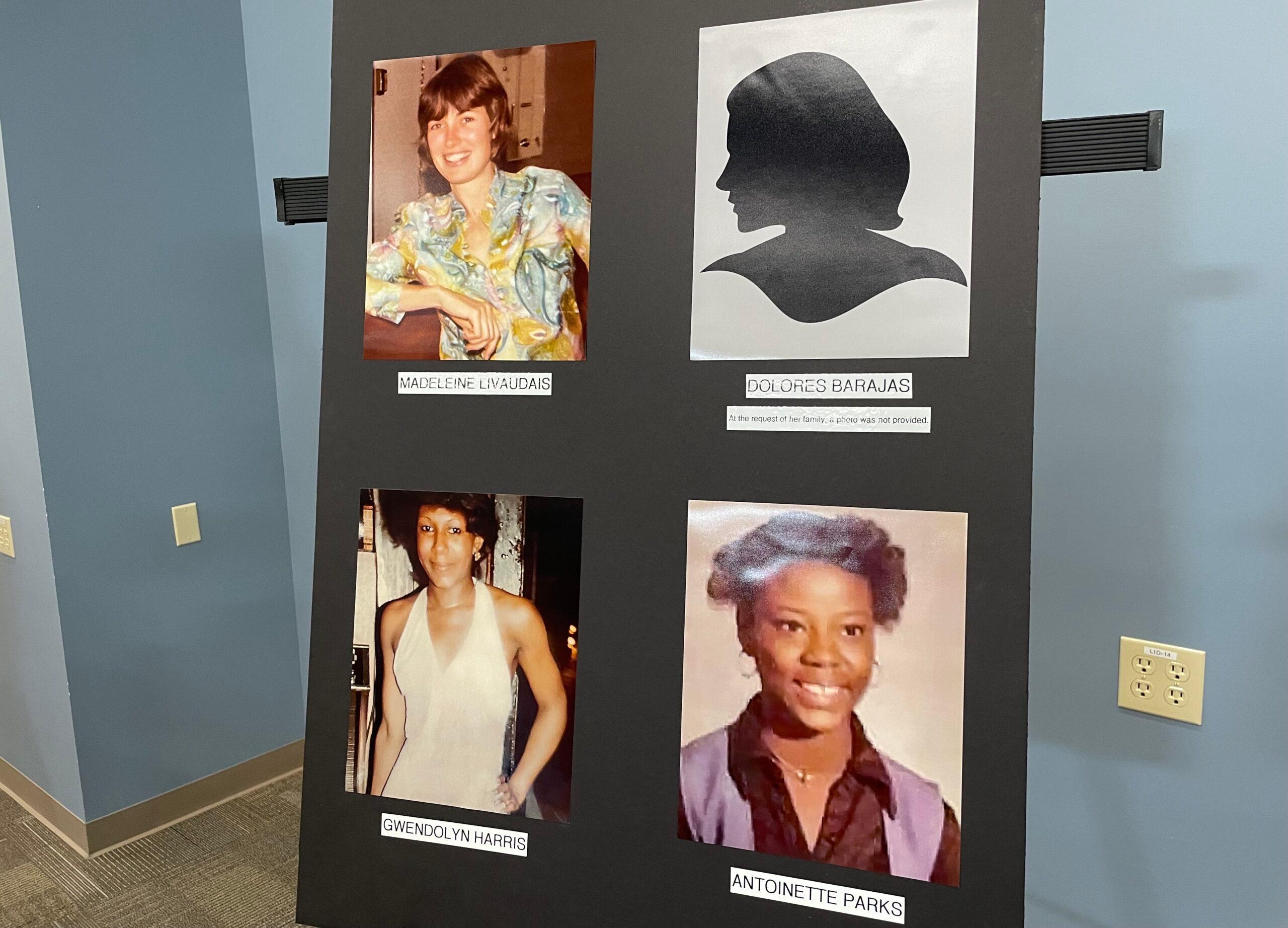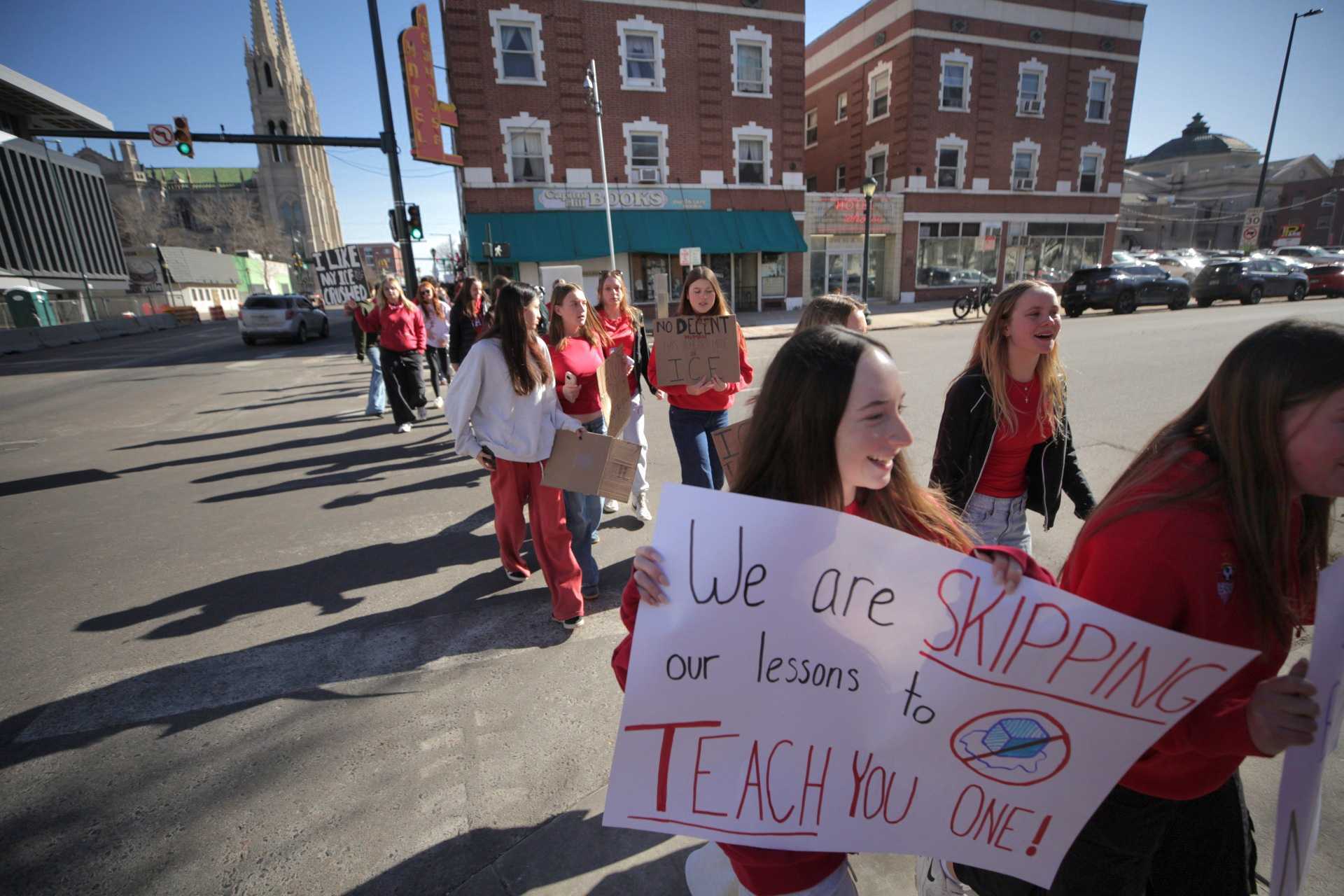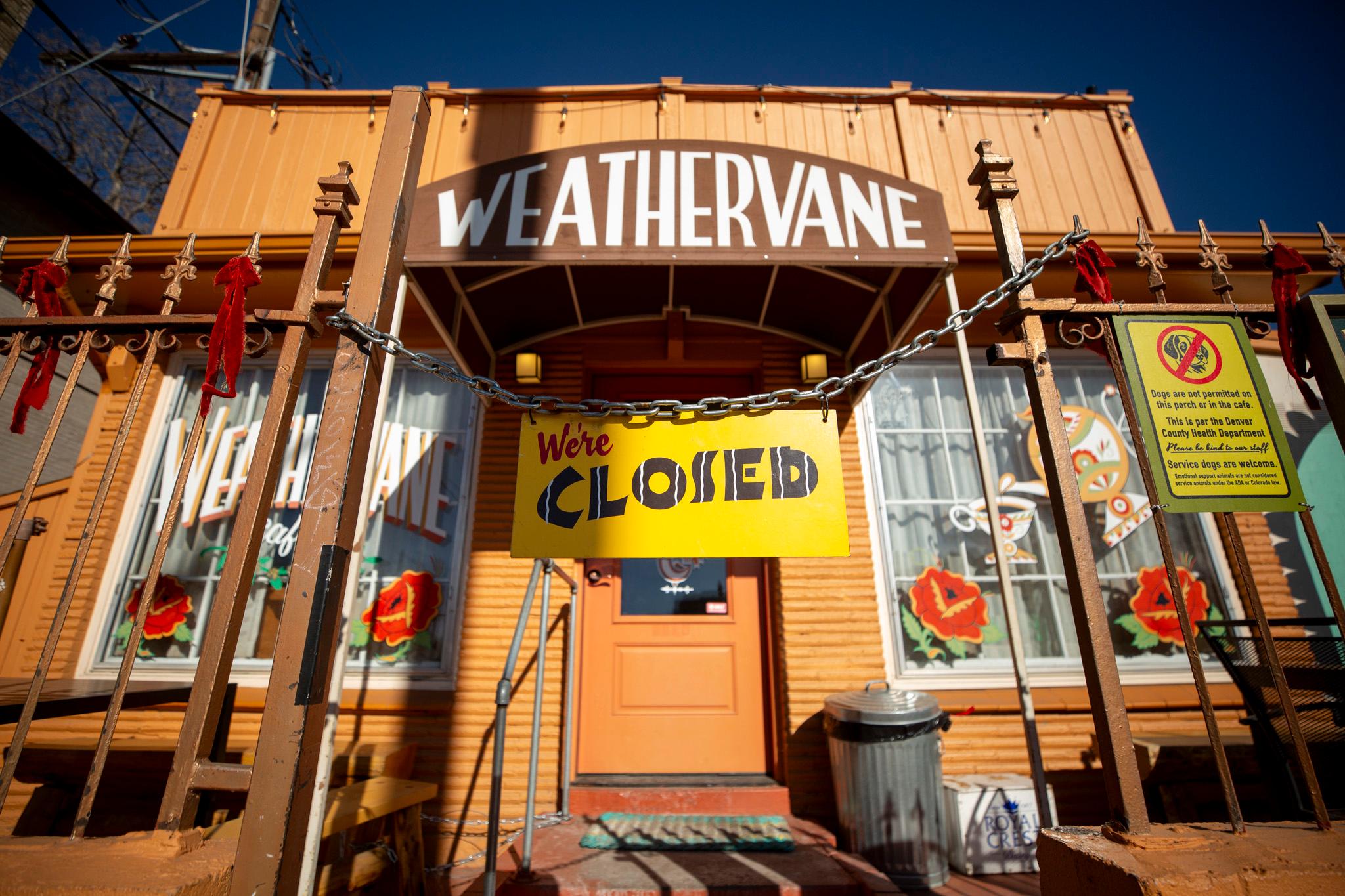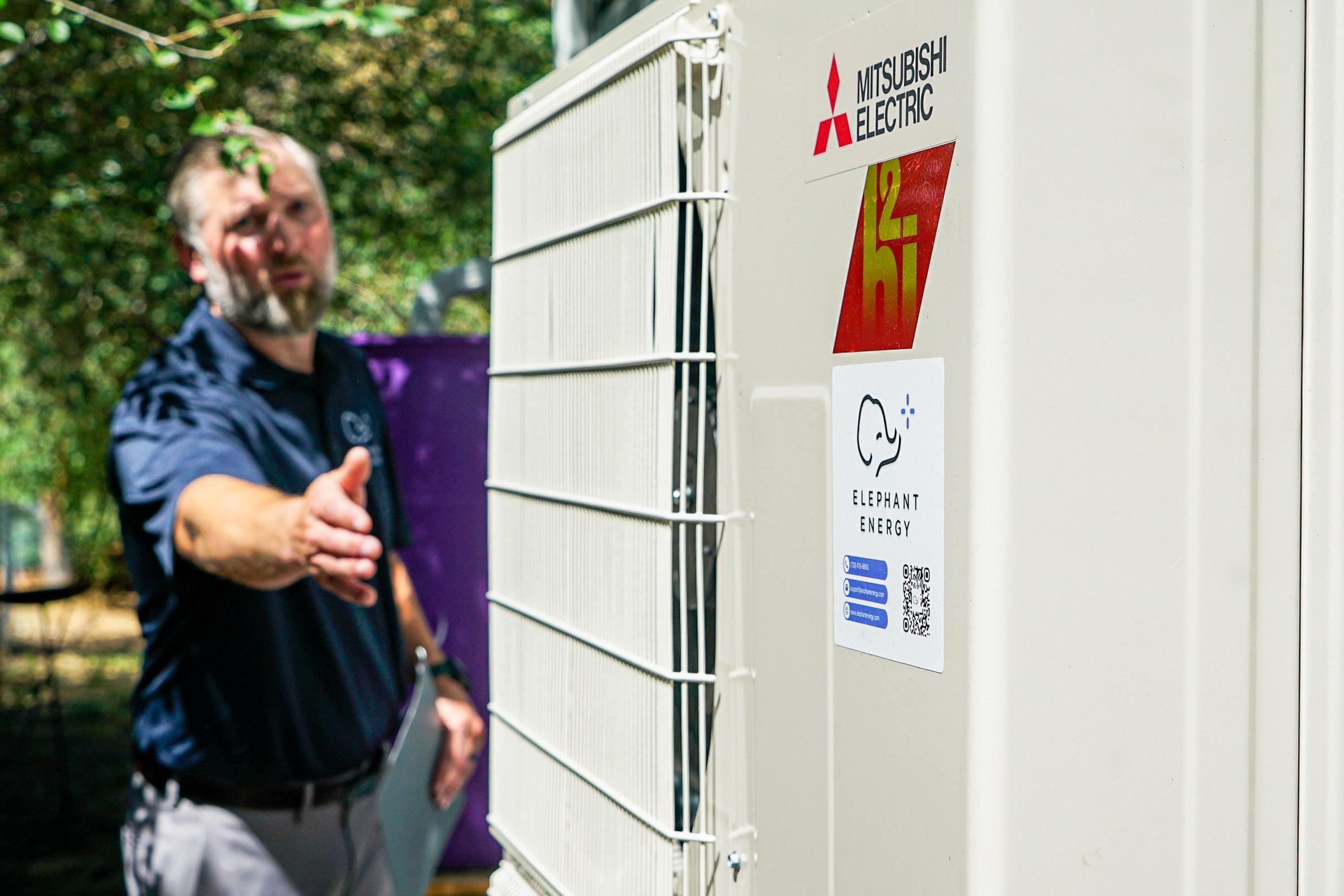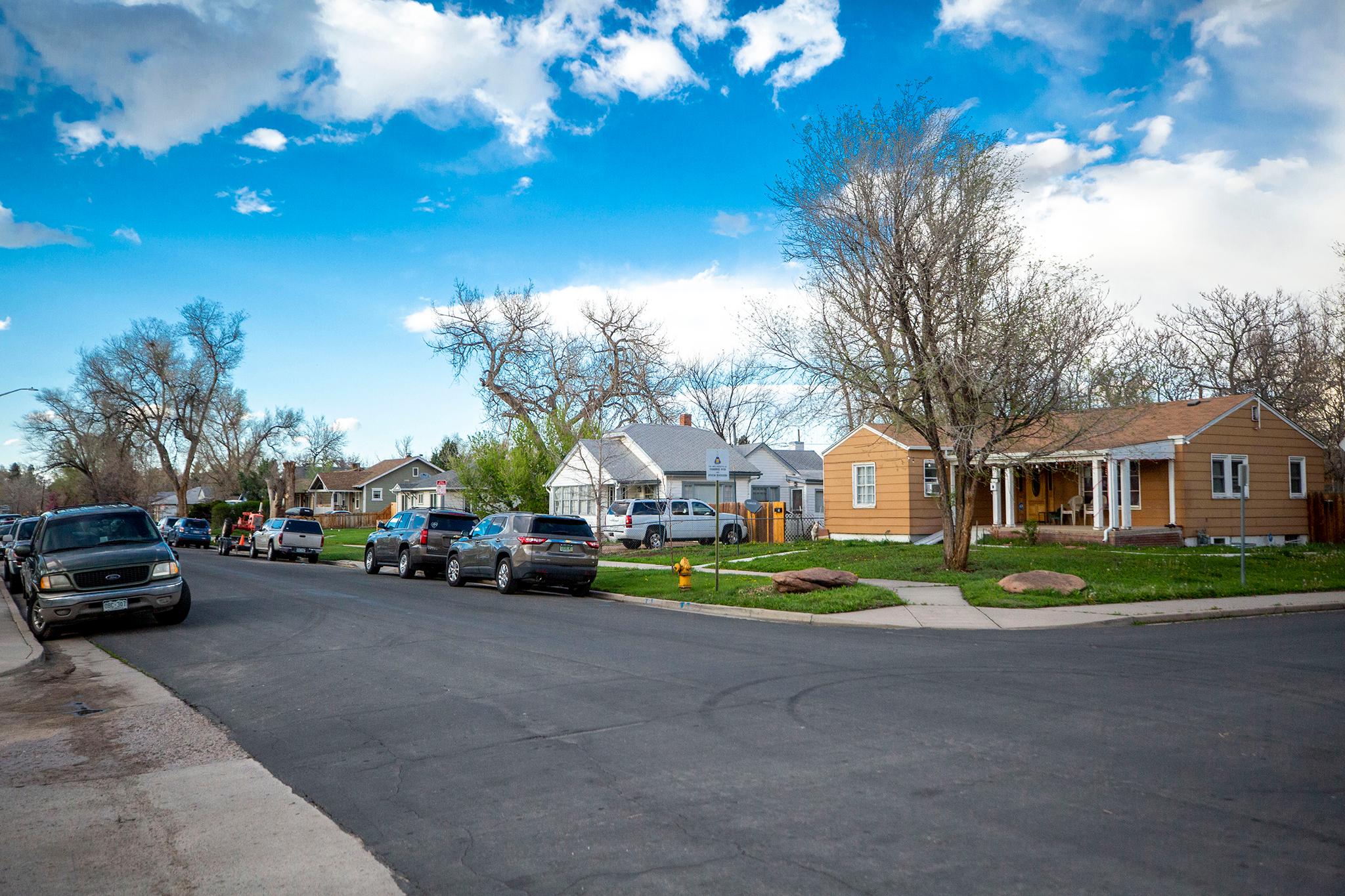Denver police on Friday identified a man they believe was responsible for the fatal stabbing of four women in Denver and Adams County between 1978 and 1981.
George Journey's sister, Antoinette Parks, was among the four women. She was 17 when she was found dead on Jan. 24, 1981, in the area of 64th Avenue and Broadway in Adams County, the youngest person killed by a man Denver Police Commander Matt Clark on Friday identified as a serial killer.
Police said Parks was six to seven months pregnant when she was killed. She was a student at Gateway High School in Aurora.
"This has taken a long time," Journey said during a press conference on Friday, joined by his brother, Karl, and wearing a shirt commemorating Parks and his late siblings. "We can finally have peace, knowing who did this to my little sister."
Denver police and other agencies said they used DNA evidence to link the four homicides. The four cold cases were investigated by the Denver Police Crime Laboratory and were linked together between 2013 and 2018.
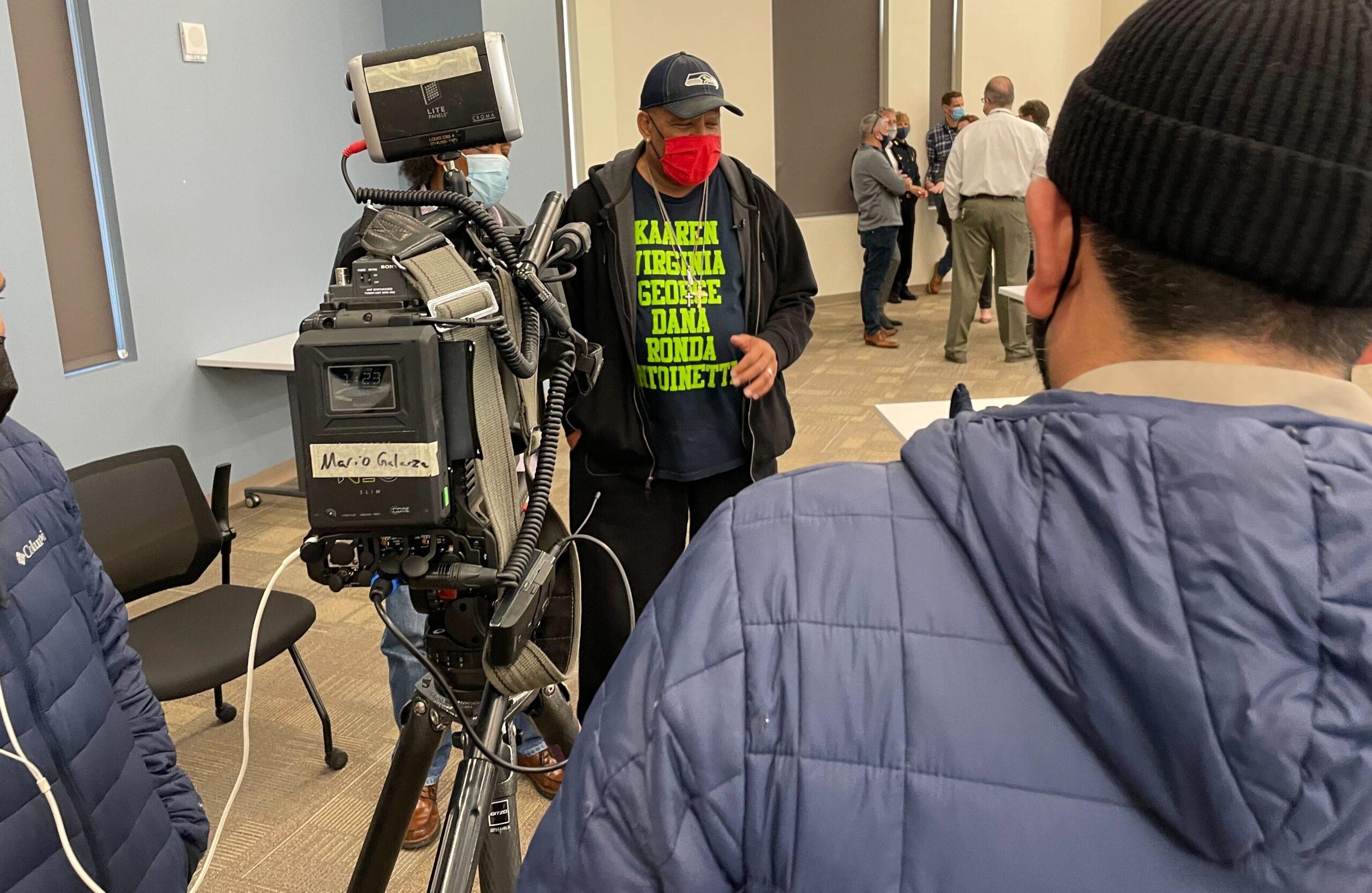
The victims included Madeleine Furey-Livaudais, 33, a magazine writer who was found dead in her northeast Denver home on Dec. 7, 1978; Dolores Barajas, 53, a downtown hotel worker who was found dead in the 500 block of East 17th Avenue on Aug. 10, 1980; and Gwendolyn Harris, 27, who was found dead on the corner of East 47th Avenue and Andrews Drive in Denver on Dec. 24, 1980. All three were mothers who were described as beloved by the families they left behind.
All four women were fatally stabbed. Clark said investigators were able to review the cases over the past two decades in part to funding from the Metro Denver Crime Stoppers and a $470,000 grant from the National Institute of Justice in 2020.
Clark said the cases were initially probed as separate incidents.
Barajas and Furey-Livaudais' cases were linked in June 2013. Then in December 2015, Clark said investigators and scientists determined Harris' case was linked to the same offender. Parks' case was linked to the three other cases in October 2018.
The man police believe killed the four women, Joe Michael Ervin, was identified after Clark said crime lab staff used investigative genetic genealogy work to trace the man's ancestry to Texas, where the department then conducted a familial search last summer. Ervin was identified as a potential suspect, prompting his remains to be exhumed from his burial site in Arlington, Texas, to obtain a DNA sample. He was confirmed as the suspect through an analysis completed this month.
"I appreciate the patience and resilience of the families and the community over the past 40 years as these cases remained unsolved," Clark said. "These women are not forgotten."
There was an "underlying sexual component," behind Ervin's motivation, Clark said, but he declined to speak further about what this meant out of respect for the victims' families.
Ervin died by suicide while in the Adams County Detention Center on July 1, 1981, according to Denver police. He was 30 years old and was in custody after police said he fatally shot Aurora Police officer Debra Sue Corr after she tried to arrest him for a traffic violation. Corr was the first Aurora police officer to die in the line of duty. She was 26.
The investigation included help from several law enforcement agencies including the Adams County Sheriff's Office, the Aurora Police Department, the Colorado Bureau of Investigation, the FBI's Denver field office, the Texas Department of Public Safety, the Texas Rangers, the Tarrant County Sheriff's Department in Texas, and the U.S. Bureau of Alcohol, Tobacco, Firearms and Explosives.

